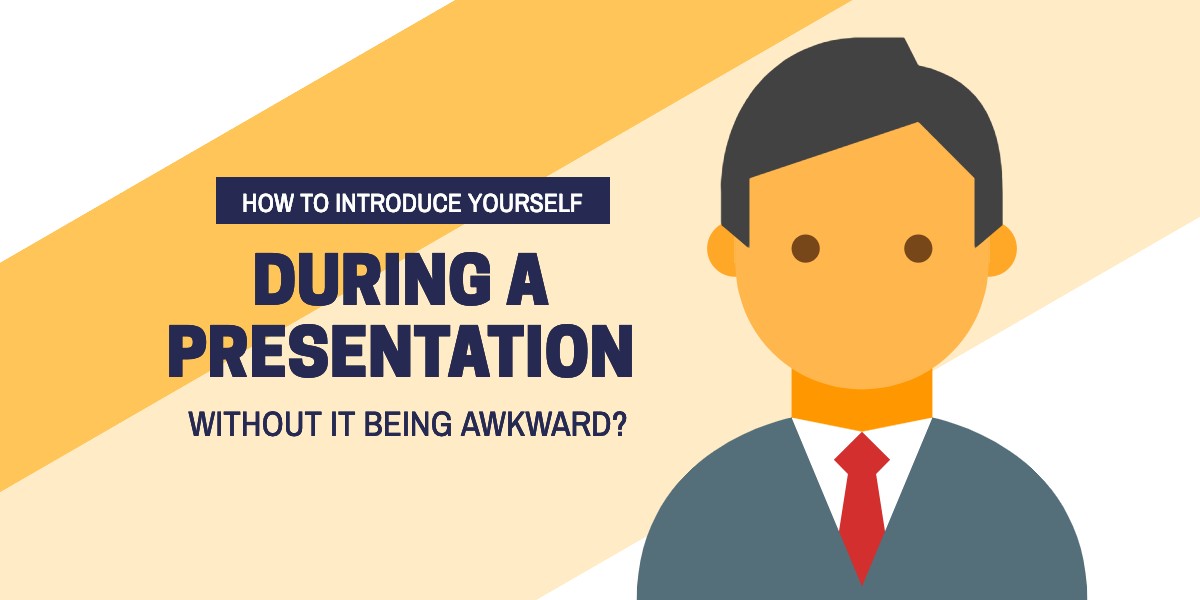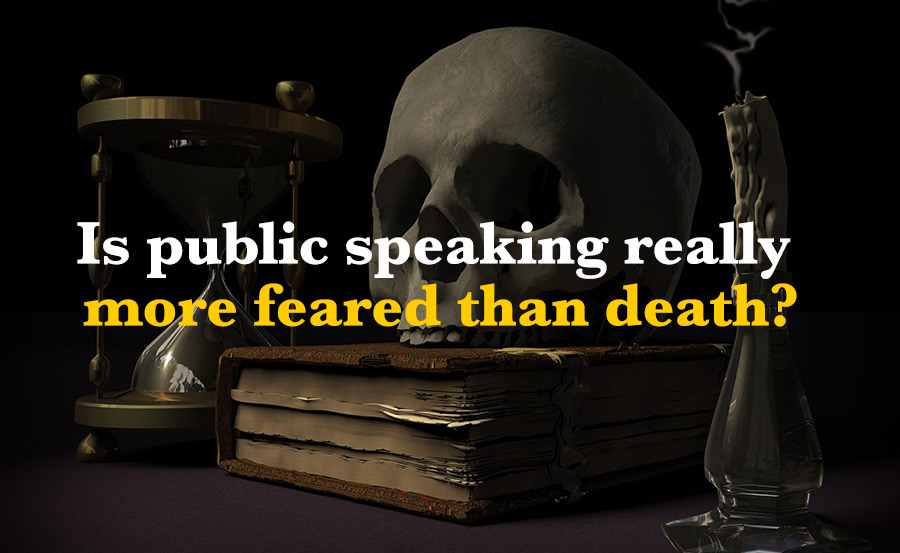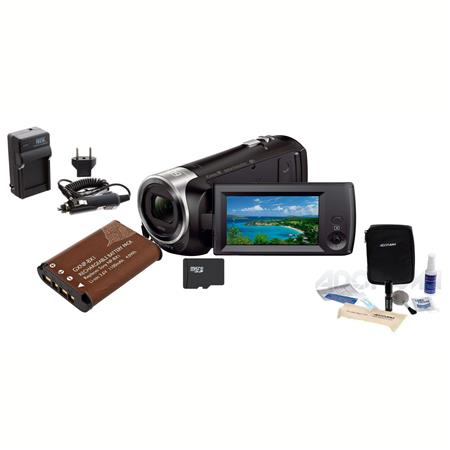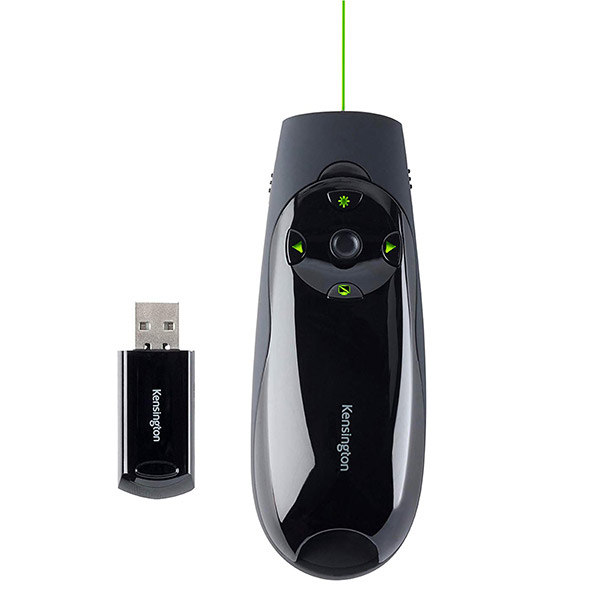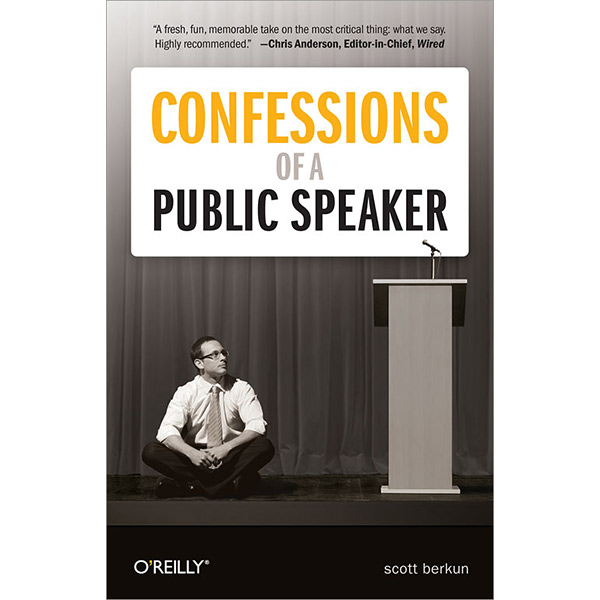Someone significant in your life has passed and it is now time to deliver a eulogy. The responsibility is on your shoulders. Of course, it’s a sad time but it doesn’t mean there can’t be some lightness brought into it – even humor when done in an appropriate way.
So, how do you deliver an effective eulogy? It’s an opportunity for you to put a spotlight on the good things this person did and how this person touched your life or others in the room, as well. It is a great way to honor the person who has passed.
I don’t mean this in the sense of this is an honor for you or a chance for you to look good. I just mean it’s a great opportunity for you to put a spotlight on what was special about this person.
That’s OK if you get upset or you cry during the eulogy. If ever there was a time to be emotional, it’s at a funeral when you’re delivering a eulogy. However, you don’t want to just get up there and blubber.
Table of Contents
How to Give a Eulogy and Deliver It Like A Pro?
Therefore, if you want to know how to speak at a funeral, then I will walk you through the steps you need in order to have a eulogy where:
- You don’t have to worry about
- You’re not going to have to sweat
- You’re not going to have to worry about whether you will fall apart
- You’ll have a system in place for getting through this day and doing the best you can and really honoring this person who’s passed
You do want to be able to keep it together and to get through the points; here’s what I would recommend.
#1 Isolate the one quality that made this person special
Here’s the first thing I want you to do in preparing the eulogy for a lost loved one. I want you to just isolate one thing that was best about this person.
- Was it his/her compassion?
- Was it his/her humor, selflessness, intelligence, etc?
Everybody has some strength, and rather than try to cover every single thing this person ever did, I want you to really isolate the one quality that made this person special to you and to a lot of other people in the room.
Let’s focus on that. That’s your first task.
Useful reading from this blog:
- Audience analysis: A comprehensive guide for the public speaker
- How to write a speech: 20 good and effective tips
#2 Write down two or three accomplishments that really stand out
After you’ve identified that one key thing that’s so special about that person, I want you to come up with just a few more. I mean two or three accomplishments and traits of this person that really stand out. Something that somehow marks this person as different, special, unique.
Again, don’t make a whole laundry list, because this is not the time to write their authorized or unauthorized biography.
#3 Tell stories
Now we have to put some meat on the bones, and the real meat of any eulogy (and, in fact, for all good presentations) is the stories. This is the fundamental bedrock of the eulogy.
Recount a real conversation or situation
And the story is simply you recounting a real conversation you had with this person:
- What the situation was
- How you felt about the circumstances
- What happened
That’s all that the story is.
Recommended books
So, for example, when you deliver the eulogy of your mother, you want to put a spotlight on just what an overwhelmingly positive, upbeat person she was and how positive she was to everyone around her and especially to you and how that influenced you.
Now, your stories don’t have to be 30 minutes long. You might be able to tell a story in a minute. You may even have multiple stories.
Therefore, I want you to brainstorm some stories that really magnify this person’s strengths and positive qualities.
A eulogy may contain humor
It doesn’t have to be funny, although if it is funny and doesn’t seem to mean spirited anyway, by all means, go for it. People are feeling tense and a little laughter can really provide relief.
Humor can be very appropriate if it spotlights the things that make the person special and amplify the person who’s just passed away and shows that a person’s sense of humor.
But it needs to be authentic, and it needs to be real. It can’t just be something from a joke book – it needs to be something that really evokes the memory of the person who passed away.
A eulogy is not a biography
You’re not the official biographer, and therefore it’s not your job to give point/ counterpoint and all sides. Therefore, don’t try to cover the person’s entire life and go through every single accomplishment and where they went to college and where they worked. At this stage, that’s not what people care about.
You don’t want to talk about where the person went to elementary school or college at this point. That’s not important. That’s not what people remember. That’s not what they want to talk about.
They want to hear about how you connected at a human level with that person, and that’s what you need to put into your eulogy.
Draw stories from other people, too
When you’re putting together the eulogy, look for stories you can draw from other people, too. Probably you are not a professional speaker and maybe you have no ideas what to say. So, ask other people about their best memory of this loved one.
This isn’t complicated. Either talk to them at the wake or someplace else or call them and just say, “Hey! Is there anything you can share with me about a particular experience you had with Grandma?”
Just listen to them and then you can use their story when you’re delivering the eulogy. It’s still going to resonate, and it’s still going to have an impact.
And that way it’s not all about you and just your relationship with the person who passed away. This way, you’re kind of sharing the spotlight with others.
So, that’s the best source of the material. If you don’t have enough of your own stories, believe me, there are going to be other stories from other family members and loved ones, so all you have to do is ask.
Useful reading from this blog:
#4 Prepare a good outline
Now it’s time to put it all together on a piece of paper. I want you to have a simple outline (a cheat sheet) that really focuses on the handful of points you want to talk about.
And then a story for each one and a couple of words to remind you of the story.
Ideally, this outline should fit in A4 or even in A5 sized paper. What you don’t want to do is pull out like 10 sheets of paper and start reading. If you do that, it will be about as personal as an annual board meeting in an accounting firm.
It just doesn’t seem personal, it doesn’t seem authentic and frankly, it doesn’t seem respectful to the person who passed away.
During your speech, you will probably have to look at your outline. There you will have written down the big strengths and the core things that happened in this person’s life, and you need a story for each one of these to make it come alive and to make it memorable.
Therefore, I would recommend the cheat sheet. So, you may want to write it all out, but I want you to write just a couple of notes that will remind you of the story.
Some tips on how to use a cheat sheet during the eulogy:
- Make the font large so that you don’t have to stop and put on glasses
- Make it very large because you may be misty-eyed, and if you’re wearing contacts or glasses, it may be harder to see from the paper.
- You need a nice, clean, simple outline that you can just glance down whether you’re using a lectern, a table or even if you have to hold the paper in your hand.
Even if you’re going to talk for 20 minutes, you should be able to fit your main bullet points on a single piece of paper. If you can’t fit them on a single sheet of paper, you haven’t really done your homework of editing down to what’s most important.
If you have a well-prepared outline for your eulogy, then it is much easier to deliver it.
This way, you are not reading from the paper. Instead, you tell a great story and share an experience. Remember to rehearse and practice with your outline so that you can remember what you have written.
Useful reading from this blog:
- How to Outline a Presentation: A Complete Guide From a Pro
- How to make a speech? Frequently asked questions
#5 Don’t read your eulogy
Big tip: I would not read a eulogy. After all, this is a presentation that’s not about the numbers of facts or bullet points: this is about emotion.
This is not a speech that’s going to be judged on getting it just right or leaving something out. Your job as the person delivering the eulogy is to put a spotlight on the highlights about this person.
And that’s the real problem with reading the speech – you are going to sound about as interesting and as interested as if you are reading the phone book.
That’s why you can’t read the eulogy and be effective. It destroys the personal element. Plus, you’re not going to be able to look at people while you are reading from the paper.
Useful reading from this blog:
- 10 great tips on how to give a killer speech without notes?
- How to Use Notes in a Speech: 14 valuable tips for a speaker
#6 Practice your speech in front of a video camera
The number one way to prepare for the eulogy is to practice on video. If you practice the eulogy several times on video, you will become familiar with it.
This way you’re not saying it for the first time, so it’s not opening up new wounds during your speech. If you simply write a speech or an outline…and you are saying it for the very first time in front of people…and there’s the casket…then there are so many things hitting you all at once. It can be so intense that you just lose it.
Some tips on how to practice in front of the video camera:
- Grab a phone or camera and record yourself
- Next, take a look at the recording and write down everything you liked about it and everything you didn’t like about it.
- Repeat this process as many times as needed until you’re feeling comfortable and happy.
If you do that, I guarantee you’re going to deliver a great speech.
Useful reading from this blog:
- Prepared speech: 10 effective tips on how to practice a speech
- How to be comfortable in front of a video camera? 14 great tips
#7 Don’t drink alcohol
I understand that, at funerals, people drink to drown their sorrows. If you’re giving a eulogy you may think it’s giving you courage.
It’s not!
Alcohol slows down your ability to recall
The problem with drinking if you’re speaking is it can slow your ability to recall.
So, if you’re up there, nervous in front of people, then the alcohol can slow down your ability to recall information and then you have that, “Oh! I’m sorry.” And you’re looking scared and you’re looking uncomfortable.
Now, instead of the sympathy going to the person who just passed, you’re getting sympathy because people are, “Oh, is he going to make it through this eulogy?”
You don’t want people’s sympathy for your speech. You may want the sympathy because this was a close person you lost, but the focus should be on the person who just passed and not on whether or not you’re going to get through the speech.
So, avoid alcohol because it can slow down your ability to recall information and to think clearly.
You may think it’s going to give you confidence, but it’s not.
Alcohol makes you red and makes you sweat
The other problem that people have with alcohol is it just makes them red and it can make them sweat and that makes them look uncomfortable.
Alcohol can slow your speech
And finally, if you’ve imbibed more than a little, it can slow your speech. So, instead of putting honor on the person who just passed away, people are thinking, “Hmm, does this person have a drinking problem?”
Therefore, don’t drink until after the eulogy, please. It’s not that much to ask.
Useful reading from this blog:
- Prepared speech: 10 effective tips on how to practice a speech
- How to be comfortable in front of a video camera? 14 great tips
#8 Show some emotion but avoid blubbering
We have to talk about emotion. This is a funeral, and you’re delivering the eulogy. I don’t have to tell you to act sad because presumably, you are sad.
But here’s the issue with emotion when it comes to a eulogy: you want to strike the right chord and the right level, because if you’re just reading very blah blah blah blah blah blah, it seems emotionless, and it’s as if you didn’t even know the person.
The other big problem is that people are so emotional and sad they just blubber. I don’t mean to sound mean and cruel, but it is an honor for you to be able to deliver this eulogy, and you need to take it seriously.
If you just get up there and start crying and blubbering, you’re not honoring that person. Instead, you’re letting people know that you’re sad, and you’ve missed the person but this way it becomes more about you. “Oh, I hope he gets through this eulogy.”
You want to direct the audience’s focus on the person who just died – not on you. So, that’s why I think it’s critical for you to have a plan to get through the eulogy without falling apart or without falling to pieces.
You’ll do the deceased more honor by really talking about the great moments rather than just crying. And you have plenty of time to cry later – alone or with family or friends.
As I said earlier, the number one way to not cry is to practice on video. And that’s why it’s crucial to rehearse in advance.
If you want to know more about how to give a speech without crying then read these 10 tips here.
Final thoughts: How to Give a Eulogy and Deliver It Like A Pro?
If you’ve done all the exercises, at this point you don’t need luck – you just need to simply follow the plan.
- You’ve isolated the core things that are really special about this person.
- You’ve got good stories to remind people about all the good times and the wonderful elements about this person. It’s your job to put a spotlight on what was great about this person’s life and what will be missed.
- You have rehearsed your speech on video.
- You’re going to strike just the right emotional chord, and you’re going to give an excellent sendoff to this person and help everyone else in the room with the grieving process.
That’s what a good eulogy is really about. It’s about sharing the experiences you had with the loved one who passed away.

